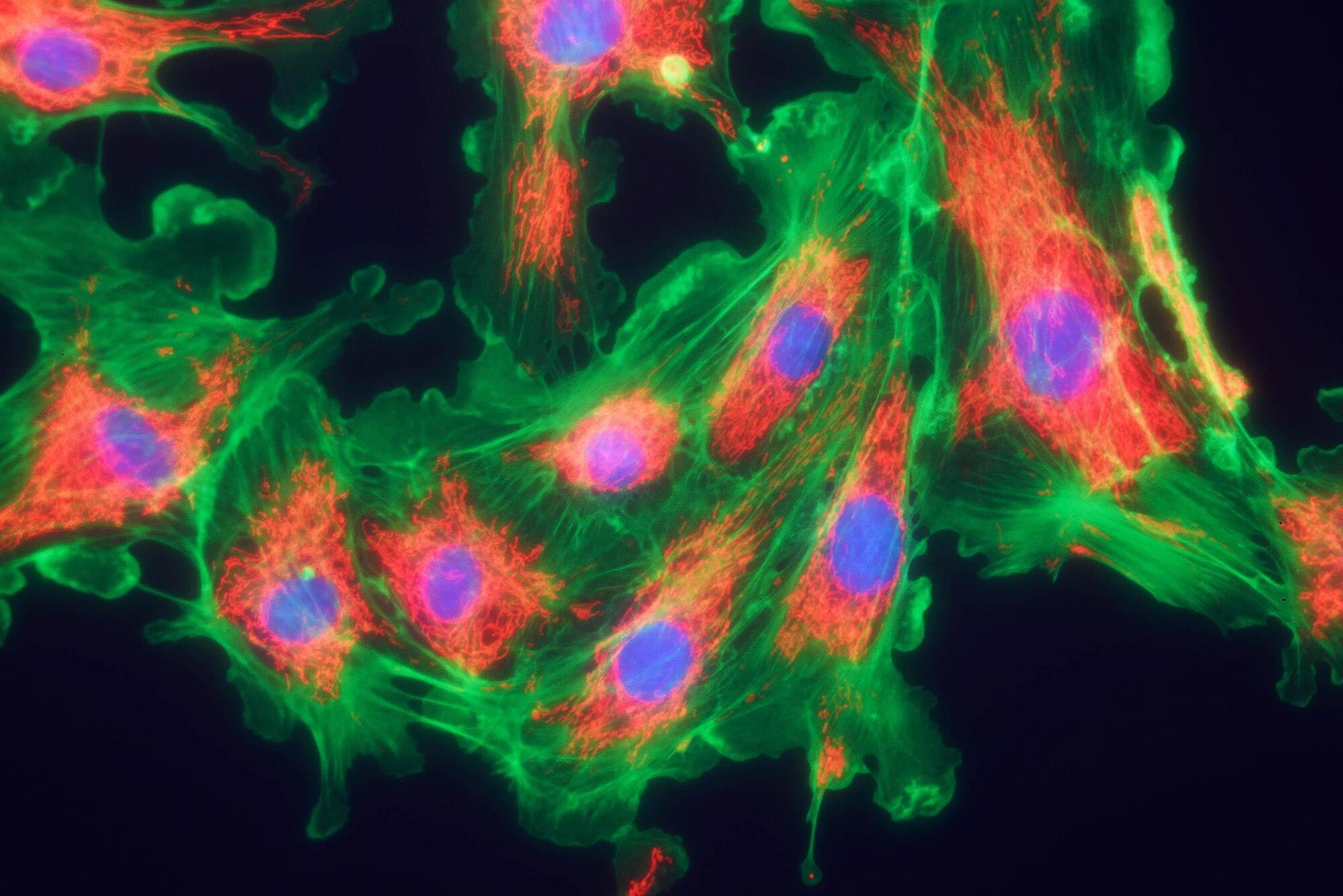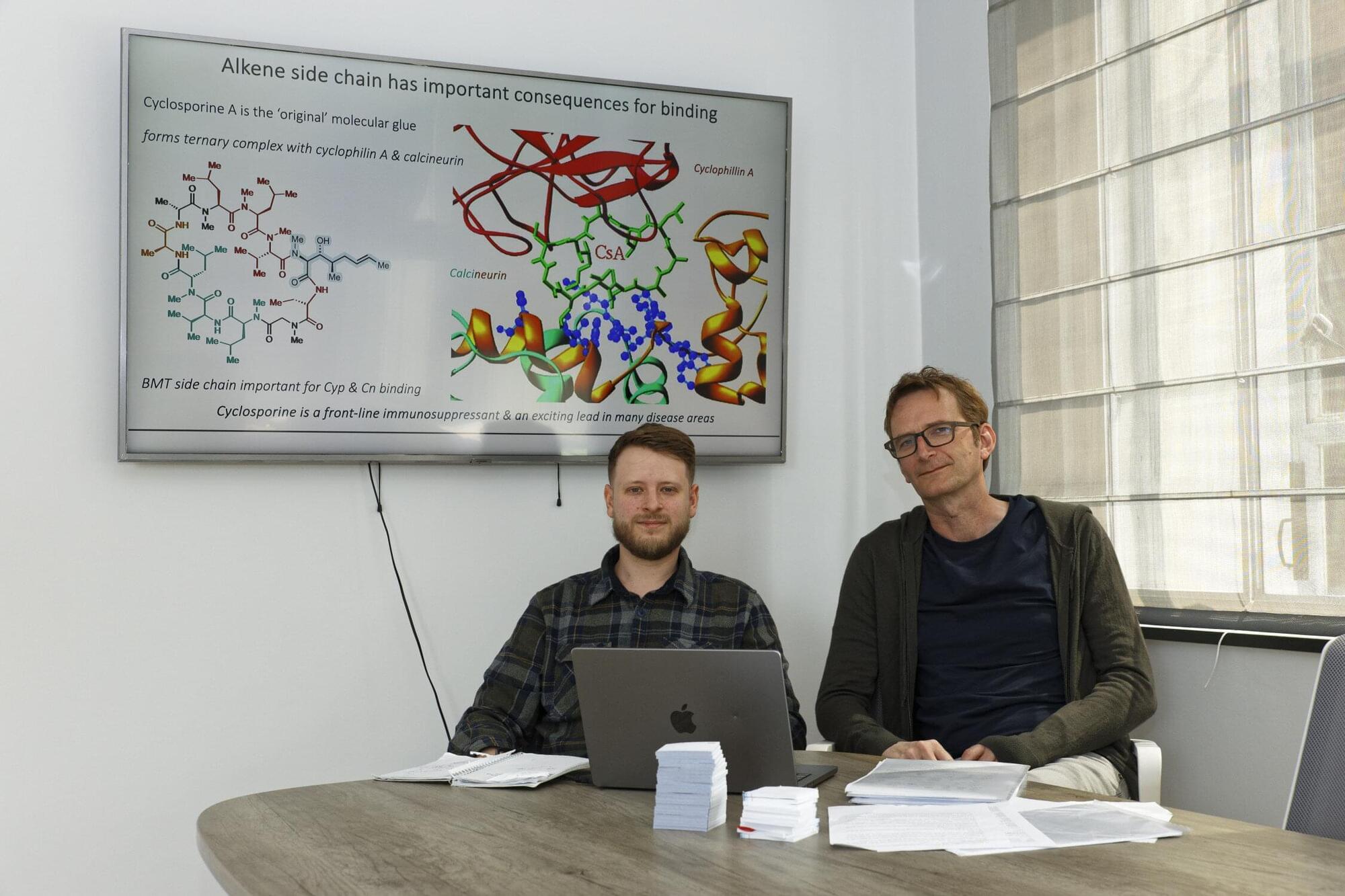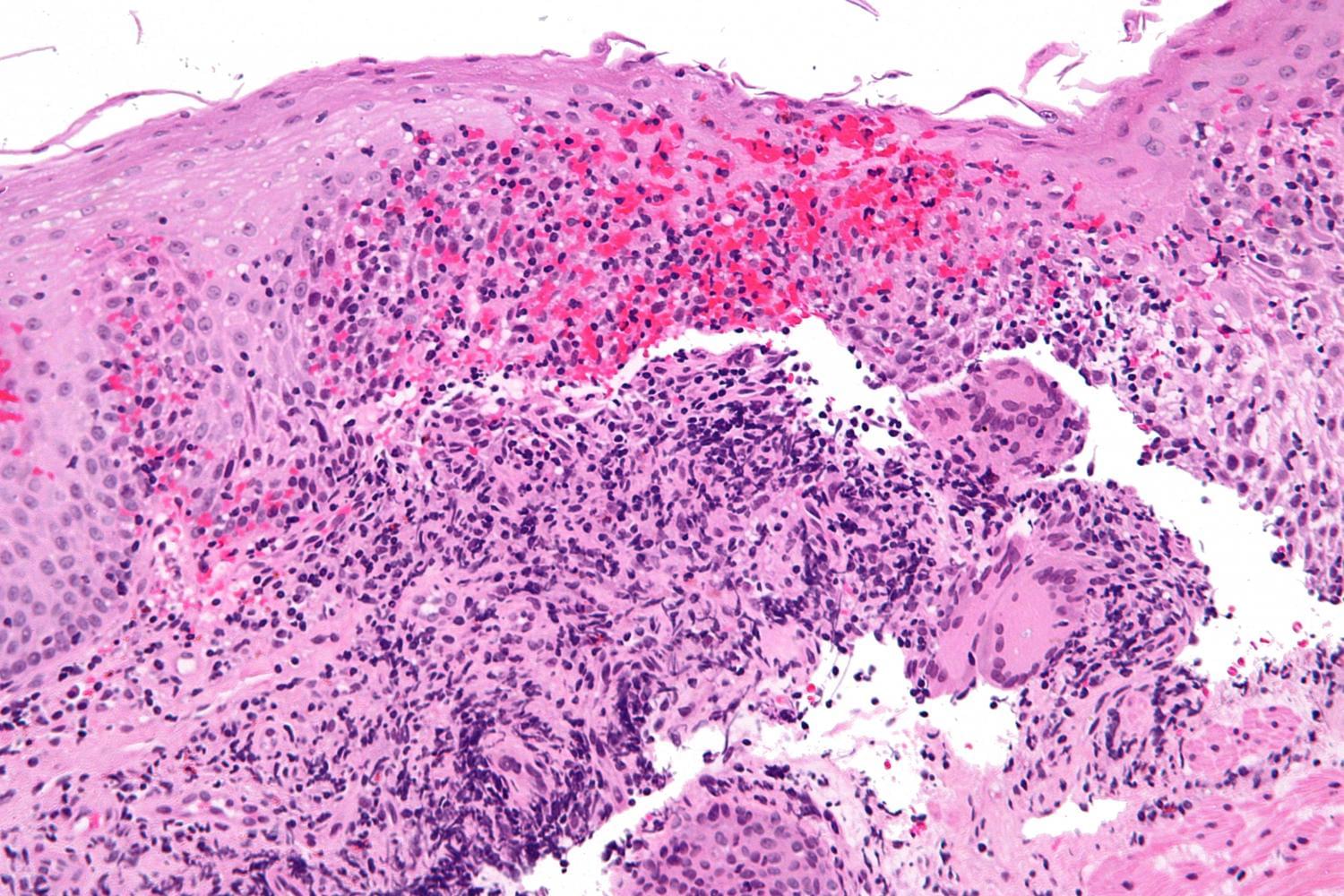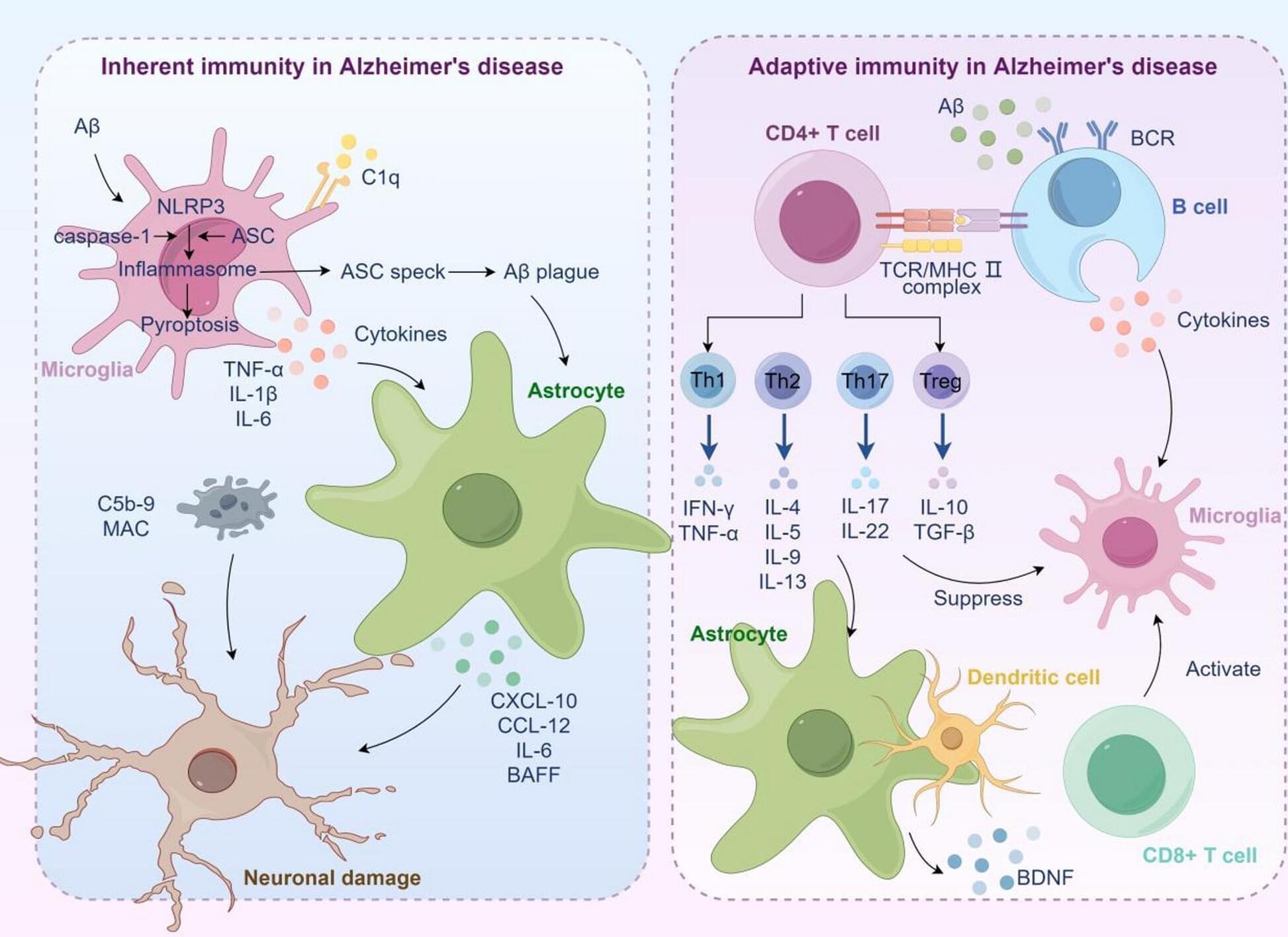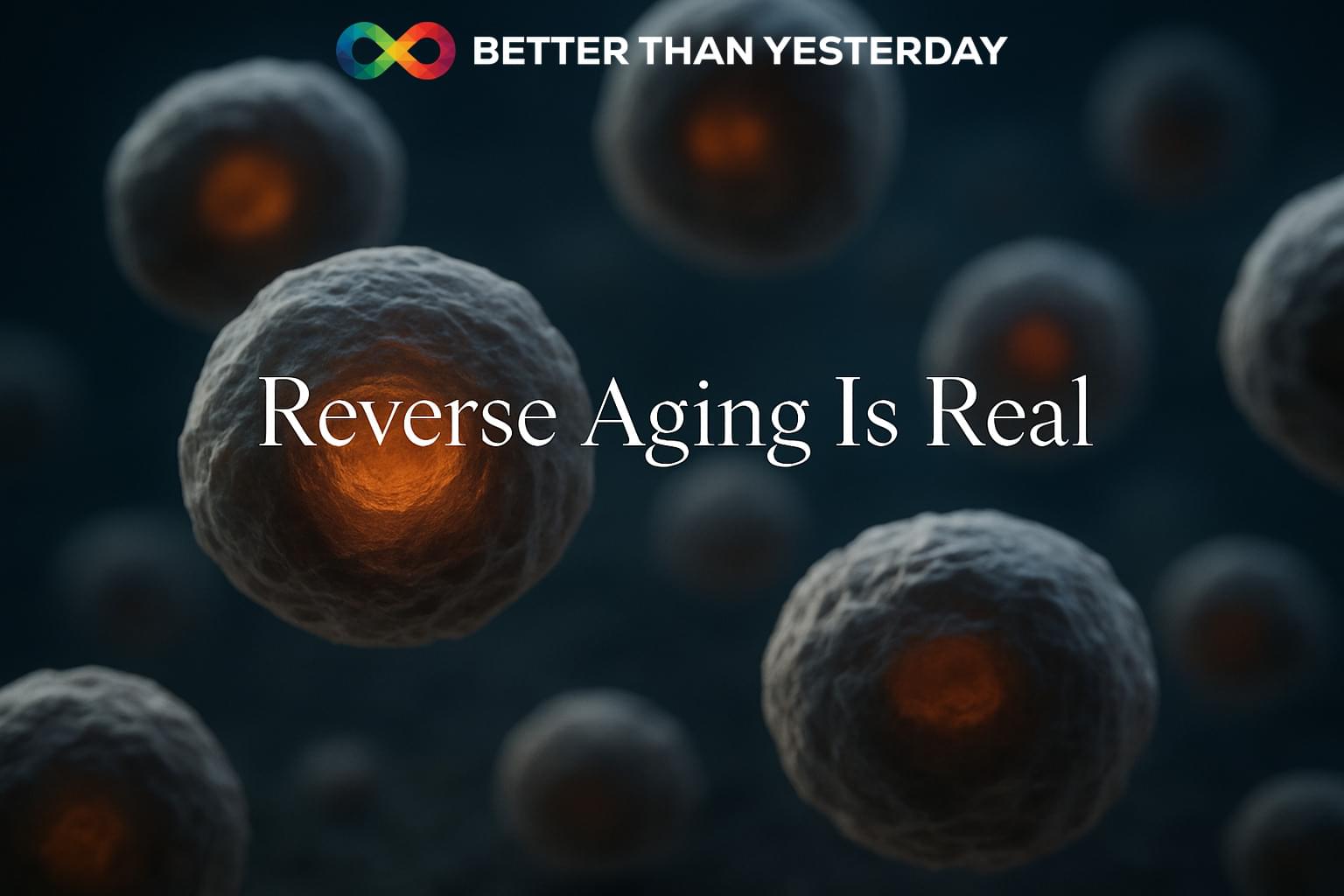A study led by biomedical scientists at the University of California, Riverside School of Medicine shows how a genetic mutation associated with Crohn’s disease can worsen iron deficiency and anemia—one of the most common complications experienced by patients with inflammatory bowel disease, or IBD.
While IBD—a group of chronic inflammatory disorders that includes Crohn’s disease and ulcerative colitis—primarily affects the intestines, it can have effects beyond the gut. Iron deficient anemia is the most prevalent of these effects, contributing to chronic fatigue and reduced quality of life, particularly during disease flare-ups.
The study, performed on serum samples from IBD patients, reports that patients carrying a loss-of-function mutation in the gene PTPN2 (protein tyrosine phosphatase non-receptor type 2) exhibit significant disruption in blood proteins that regulate iron levels. This mutation is found in 14–16% of the general population and 19–20% of the IBD population. A loss-of-function mutation is a genetic change that reduces or eliminates the normal function of a gene or its product, a protein.
